Finding Freedom from OCD: Your Journey to Mental Peace
Obsessive Compulsive Disorder is far more than a quirky preference for orderliness or cleanliness. It is a challenging mental health condition characterized by intrusive, distressing thoughts, commonly known as obsessions, and repetitive, ritualistic behaviors, known as compulsions, which aim to alleviate anxiety caused by those thoughts. However, these rituals only provide temporary relief, and the cycle perpetuates, causing immense suffering. While many people experience occasional intrusive thoughts or engage in repetitive behaviors, for those with OCD, these patterns become excessive, time-consuming, and interfere with daily life.
OCD manifests in various forms, such as contamination fears, intrusive thoughts of harming oneself or others, symmetry and order obsessions, and more. It affects individuals from all walks of life and can lead to severe disruptions in personal, professional, and social spheres. Recovery from OCD is possible but each individual's journey is unique, and it is important to find a therapist that offers personalized care and evidence-based interventions tailored to your specific needs. Some evidenced-based interventions are below:
1. Exposure and Response Prevention (ERP): ERP is a key component of CBT and involves facing feared situations or thoughts without engaging in the usual compulsions. Although challenging, this technique empowers you to gradually regain control over your life and reduce the power OCD holds over you. ERP is considered the gold-standard for treatment of OCD.
2. Cognitive Behavioral Therapy (CBT): CBT is one of the other effective evidence-based treatments for OCD. In CBT, a counselor will usually work with you to identify the thought patterns and behaviors that contribute to the cycle of OCD. Through CBT, you will learn healthier coping strategies and gradually face your fears in a supportive environment.
3. Mindfulness and Meditation: In combination with CBT and ERP, incorporation of mindfulness and meditation techniques to help you stay present and cultivate self-compassion can be beneficial. These practices promote resilience and emotional regulation, aiding you in navigating OCD-related stressors more effectively.
4. Supportive Environment: Aim to work with a therapist that strives to create a safe, non-judgmental, and compassionate space where you can share your experiences openly. Connecting with others who have similar struggles can also be beneficial, thus group therapy sessions may be offered as part of your treatment plan.
Recovery from OCD is a journey marked by progress, not perfection. It is essential to acknowledge the courage it takes to confront your fears and challenges head-on. It's crucial to remember that seeking help for OCD or any mental health concern is a sign of strength, not weakness. Together, we can rise above the barriers that OCD imposes and embark on a transformative journey of healing. If you or someone you care about is struggling with OCD, remember that there is hope. Remember, healing is possible, and you don't have to face OCD alone.
Disclaimer: The information provided in this blog is for educational and informational purposes only and should not be considered a substitute for professional medical or mental health advice, diagnosis, or treatment. If you or someone you know is experiencing a mental health crisis, please seek immediate assistance from a qualified mental health professional or emergency services.


